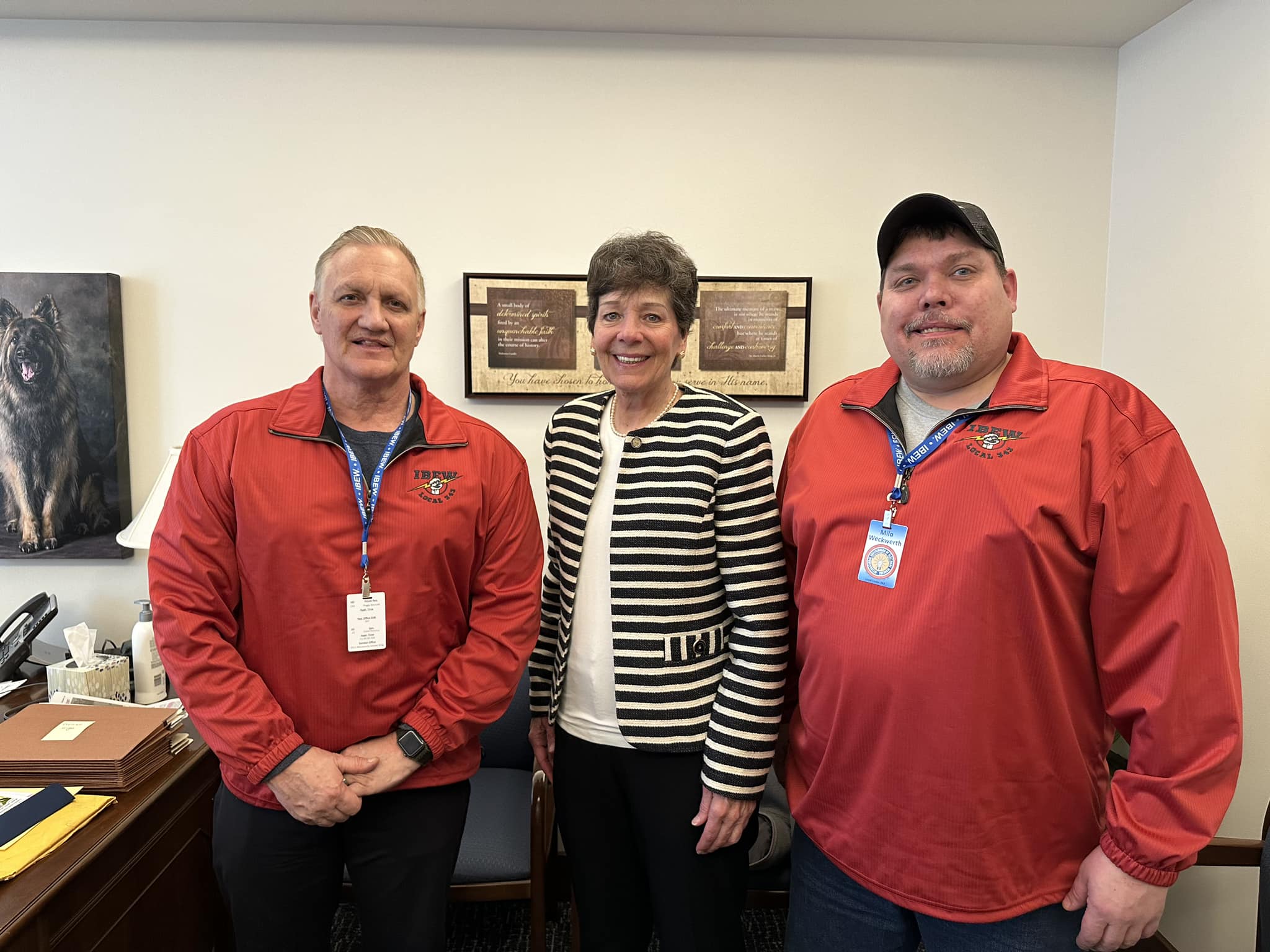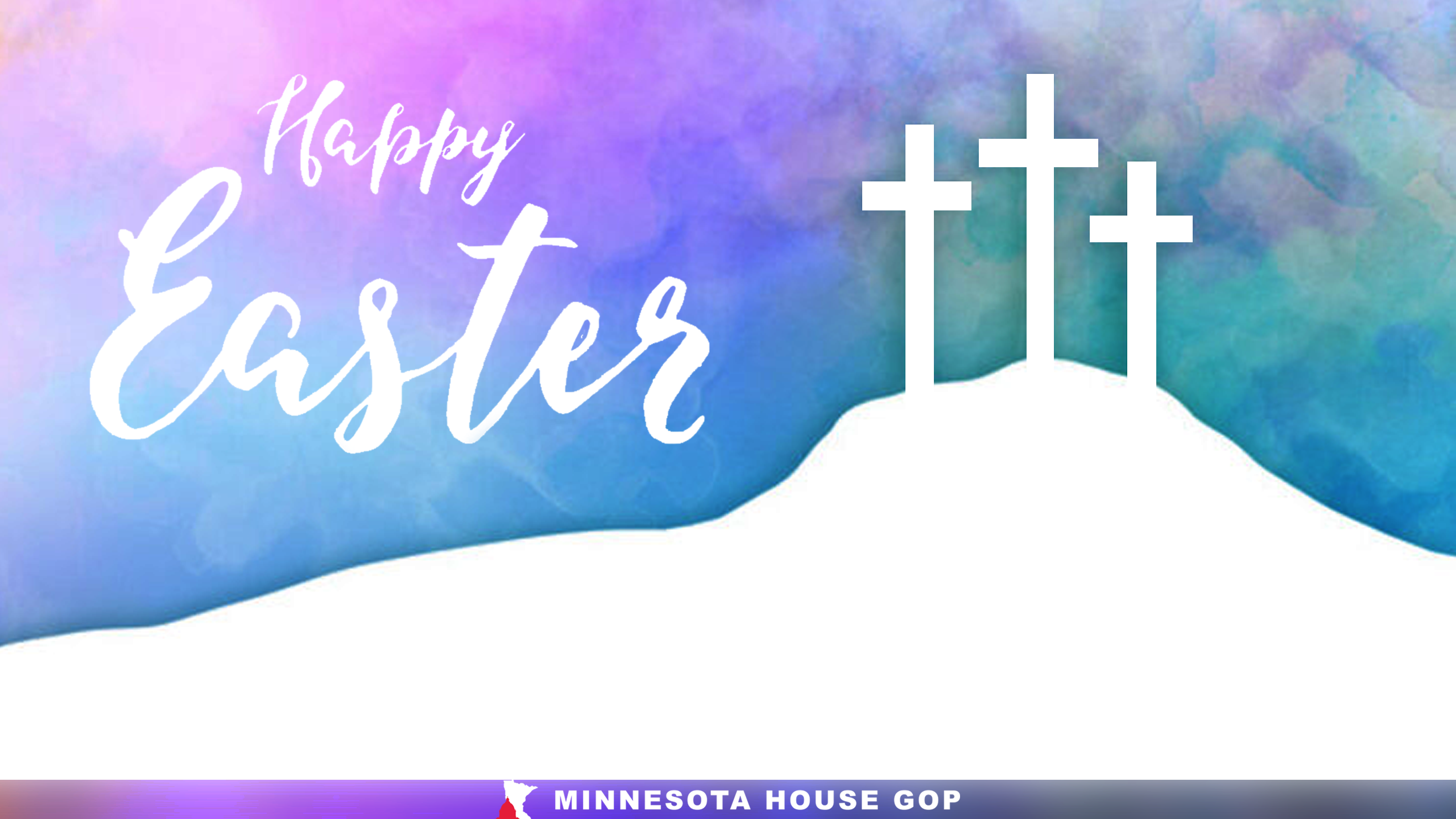Dear Friends,
As you are likely aware, this is a time of holiness for many faiths with Purim, Easter, Ramadan and eventually Passover.
With that in mind, it is interesting to note that a religious freedom was removed from state law last year, and I attended a press conference this week with representatives from numerous faith organizations who are asking for change.
COULD YOUR VOICE BE SILENCED?
A constitutional freedom is under attack in Minnesota and your voice may very well be silenced.
Until last year, the Minnesota Human Rights Act included protections for religious institutions related to liability claims for gender identity issues. Last session, Democrats in both the House and Senate made adjustments to certain human rights definitions. In doing so, this long-held religious protection was lost.
As a result, religious groups of many faiths are now at risk of facing legal consequences for operating within their sincerely held religious beliefs. The changes were pushed through so quickly that these repercussions were not realized until after the bill was signed into law.
Faith-based institutions should have every right to their core beliefs, the expression of those beliefs, and to choose teachers and leaders who align with those beliefs without government interference. This is a foundational component of religious liberty.
Senate and House Republicans recently offered amendments to restore these religious protections. Sadly, these legislators, along with the Catholic, Muslim, and Protestant faith community leaders who testified, were met with resistance, hostility, and accusations of hate. Democrat lawmakers made it abundantly clear at that time that the removal was fully intentional.
Why this effort to silence people of faith?
The unique foundation of our great country is the U.S. Constitution. It is no mistake that the very first words of the very first amendment in this document enshrine our God-given protections for religious liberty. "Congress shall make no law respecting an establishment of religion, or prohibiting the free exercise thereof..." After all, the reason people from Europe came to this continent in the first place was to escape religious persecution.
Churches and religious organizations of all faiths are extremely important. They are part of the pluralistic beliefs, moral fabric, and rich history of this nation.
Take the abolition movement in the 1800s. It was led by evangelical Christians and many churches of that time. Harriet Tubman, Frederick Douglass, William Lloyd Garrison, Harriet Beecher Stowe, and many more strong people of faith spearheaded the views that slavery was morally wrong, should be banned in the United States, and all enslaved people should be emancipated. These faith beliefs were diametrically opposed to the prevailing viewpoints of the time, government laws, and select southern churches.
What would have been the outcome had government chosen to ignore the Constitution and created laws to muzzle the voices and abolitionist beliefs of these people of faith? “Sorry, your sincerely held faith beliefs must be subservient to government views – and by the way, if you don't comply there will be fines and lawsuits. We'll shut you down.” Would slavery in America have been abolished had these faith voices been silenced?
Martin Luther King Jr. was a pastor and a man of faith. He is the face and the essence of the 20th century civil rights movement. He boldly proclaimed his constitutionally protected biblical belief that all people are created equal. Where would civil rights be today had he not been able to voice those beliefs?
I’ve heard some say, “Your religion doesn’t give you the right to discriminate against others.” When it comes to prejudicial discrimination against physical and biological human characteristics like race, disability, and biological sex, I wholeheartedly agree. However, when it comes to feelings and preferences that's a whole different realm.
According to definitions provided by LGBTQIA+ groups, “gender identity” is not based on anatomy or biology; it's about “who they know themselves to be.” Other definitions say it's based on one's “innermost concept” or “how a person feels.” Wikipedia now lists over 100 gender identities.
I am not making light of people who feel or identify as a different gender. I will be respectful of those differences. I am making the point that gender identity, according to its own definition, is not based on the physical or biological but on deeply held feelings and identity.
Should a Muslim school be forced to hire a teacher who espouses Christianity? Should a Jewish synagogue be forced to hire a Muslim imam? Should a Christian radio station be forced to hire a Satanist? Of course not.
If any individual doesn't like what a particular religious school, church, mosque, synagogue, etc. preaches or teaches, then they shouldn't go there. No one is forcing anyone to attend or listen to any particular religious institution. Everyone should choose whatever aligns best with their personal beliefs. That's how it should be.
Why set the state up to spend tens of millions of dollars for litigating a series of lawsuits that will almost certainly not succeed in a higher court? Can we please just get to work on issues that will actually solve some problems that we can all agree upon?
Faith-based institutions have every right to their core beliefs without government interference. This law must be fixed immediately. We stand to lose much, both present and future, if government starts to dictate and silence the beliefs and voices of people of faith.
LOCAL VISITORS
Thank you to electricians Milo Weckwerth of New Richland and Larry Krell of Albert Lea for braving the snowy roads on Tuesday to come to the Capitol today for IBEW (International Brotherhood of Electrical Workers) Day on the Hill!

I enjoyed hearing from them about the issues important to electricians throughout the state. We discussed issues such as the importance of permitting reform and making sure our electrical grid is well powered with clean, reliable, and affordable sources. Totally agree! Thank you for coming to visit, gentlemen!

Easter Sunday is almost here! Here’s hoping you are able to spend some quality time with family and friends during this important holiday.
Happy Easter everyone!
Peggy